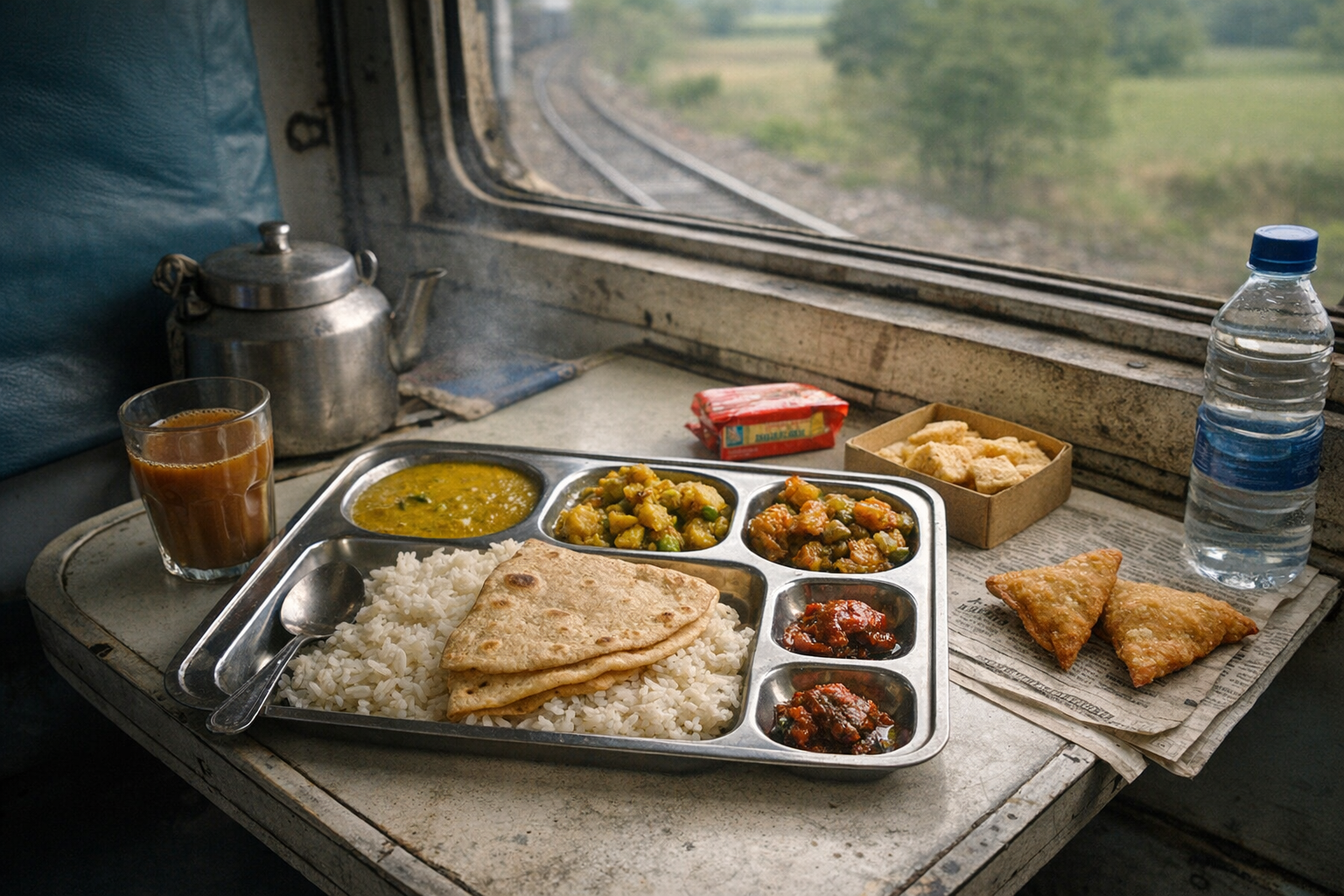Biryani is possibly one of the most popular dishes in India. In 2019, chicken biryani became the most searched Indian food globally, with an average of 4.56 lakh searches each month, as per a SEMrush study. Although the dish finds its roots in a Mughal kitchen, today it plays a major role in defining the food culture of India. If you explore, you will find every region has its unique version of biryani, tweaked as per the local palate. We have Hyderabadi biryani, Lucknowi biryani, Muradabadi biryani and more. Another well-known biryani variant is Kolkata biryani.
Food in Kolkata is as rich and varied as the history of the city. Since time immemorial, West Bengal experienced influences from different regions and cultures. This has directly influenced the food habit of the state, especially Kolkata (the state capital) - biryani surely being one such perfect instance. In between all the talks about mishit, mach and bhaat, we often miss highlighting the super delicious biryani. Now, this brings the question - what makes Kolkata biryani stand out in the lot? The secret lies in its aloo.
History Of Kolkata Biryani: Story Behind Adding Potato In Biryani:
You heard us. If every packet of Kolkata-style biryani, you will find one big-sized soft and flavourful aloo (and egg at times), along with rice and meat. As per food experts, Kolkata biryani is not a native to the city; instead, it is deemed as a sub-variant of popular Lucknowi/Awadhi biryani.
History has it, King of Awadh - Nawab Wajid Ali Shah - was exiled to Kolkata after being dethroned from his capital Luckow in 1856, by the British. During then, he brought his entourage of cooks (khansamas and bawarchis, as they are popularly referred to) along to Kolkata to not compromise on his taste. But funds became an issue for his everyday luxury. Food Historian Kalyan Karmakar, in his book 'The Travelling Belly', writes, "The money was scarce. The spices were toned down, and the biryani of Kolkata became more subtle than that of Lucknow and had a lower meat-to-rice ratio. The cooks had a stroke of brilliance. Meat was expensive, so they decided to add potatoes instead to give contrast to the rice." However, some historians negate this fact and state that the potato was treated as an exotic vegetable back then. For the unversed, the potato was introduced to India by the Portuguese around the 17th century. Hence, it was added to the dish to bring in some innovation, but not as a sign of fund scarcity. Whatever the history is, we totally love this indulgent inclusion in the biryani!
Further highlighting the USP of Kolkata biryani, Manzilat Fatima, the great-great-granddaughter of Nawab Wajid Ali Shah, said that biryani here is cooked in mustard oil that brings in the biggest difference in terms of aroma and flavours. And unlike the other variants of biryani that are enjoyed with raita and salan, this dish makes for a complete meal and needs no such accompaniment. Many people, however, swear by chaap (slow-cooked meat in spicy gravy) along with Kolkata biryani.
Sounds quite interesting, isn't it? Considering the grandeur of the dish, we curated a list of iconic places in Kolkata that you must try to experience the true essence of Kolkata biryani.

Photo Credit: iStock
Here're 5 Iconic Biryani Places That You Must Try In Kolkata:
Royal Indian Hotel, Burra Bazar:
Deemed to be the oldest biryani joint in the city, Royal Indian Hotel was established by Ahmed Hussain in 1905. It is situated in the busy streets of Burra Bazar and still has the old school décor intact. This place offers Awadhi-style biryani with no potato in the platter. However, over the years, the eatery has started serving the Kolkata biryani to satisfy the palate of the locals.
Shiraz Golden Restaurant, Park Street:
One of the oldest biryani joints in Kolkata, this place has made a special place in the hearts of the people in Kolkata. Here, biryani is delicate and is often enjoyed with mutton chaap and pasinda.
Manzilat's, Anandapur:
This place is historic on its own. Why, you ask? Let us tell you, this place is run by Manzilat Fatima - the great-granddaughter of Nawab Wajid Ali Shah. According to Chef Manzilat, she still holds on to and prepares the classic Nawabi biryani, following the recipe of the royal kitchen.
Aminia, New Market:
Established in 1929, today Aminia has branches in different parts of the city (as well as Delhi - in CR Park). Here, biryani is light and fragrant, with juicy meat and aloo by the side. The well-balanced spices of biryani make Aminia a popular choice for all.
ZamZam, Park Circus:
Another option for the ones who enjoy their biryani light and fragrant, ZamZam is a must-try. Trust us, the highlight is the perfect balance of taste and texture of the mutton.
All these discussions on biryani have left you craving for some; isn't it? So we suggest, on your next visit to Kolkata, do try out these places to enjoy the flavours of Kolkata biryani to the fullest.
Meanwhile, here's a Kolkata-style biryani recipe for you to try at home. Click here to know more.
About Somdatta SahaExplorer- this is what Somdatta likes to call herself. Be it in terms of food, people or places, all she craves for is to know the unknown. A simple aglio olio pasta or daal-chawal and a good movie can make her day.








